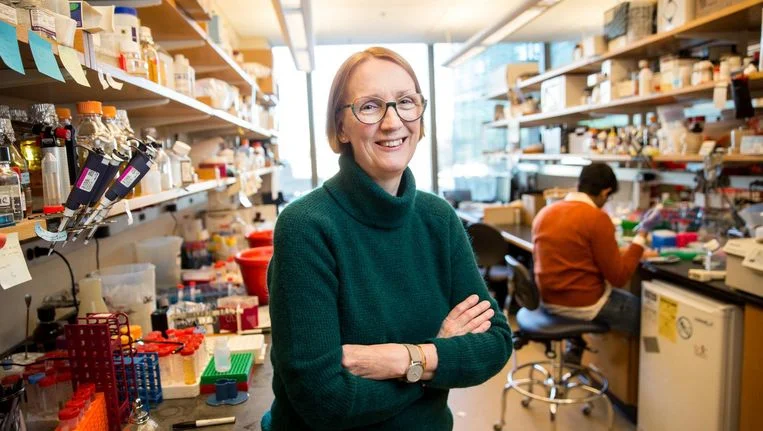ANYA deals with unintended consequences of contemporary genetic technologies and broaches the related ethics.
Stories coming out in the news suggest we only scratched the surface of what’s coming. At the 2019 Festival of Genomics in London, I learned a new UK initiative to collect 5,000,000 human genomes for medical and insurance purposes. Norway and other countries have similar but smaller programs. More sequenced DNA means bigger more accurate data bases for personalized medicine, crime fighting, and other purposes.
From news coming out of China this week, it appears that mass collection of DNA has given us something else to worry about: surveillance, oppression, and thorny issues about how foreign corporations and academics participate in legitimizing activities that might be illegal or at least unethical at home.
Read the full article by Sui-Lee Wee for the NYT.
Read More



















